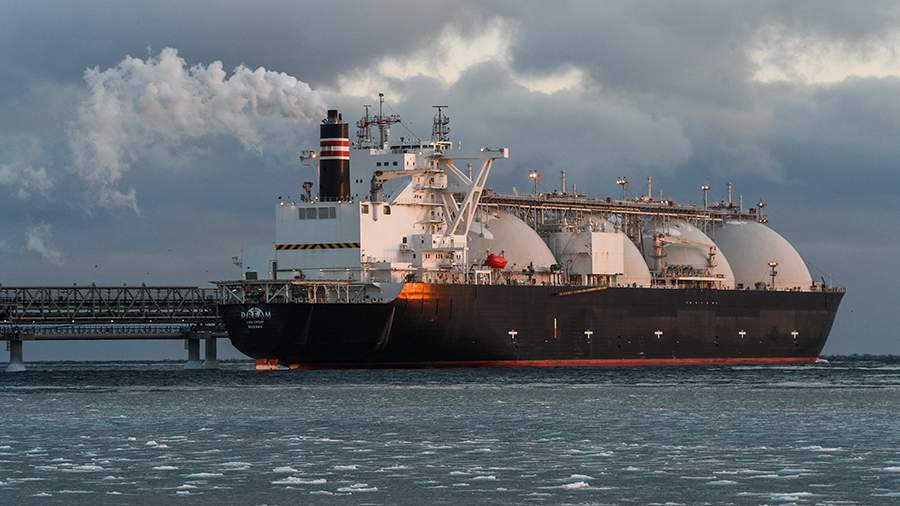
EU purchases of Russian LNG reach record levels
By Rhod Mackenzie
Imports of Russian LNG to the EU countries this year increased by approximately 1.7% compared to 2022, which was when the figures had reached record levels.
This is reported by the Financial Times with reference to information contained in a report by the non-governmental organization Global Witness, compiled on the basis of data from the analytical company Kpler.
The share of LNG from the Russian Federation in the first half of 2023 accounted for 16% of the total of EU imports - 21.6 million cubic meters. m out of 133.5 million in total. Thus, Russia has become the second largest supplier of LNG to the European Union after the United States.
In June, Russia was the leader in LNG supplies to Spain, last month it lost first place to Algeria. Belgium imports large volumes of Russian LNG, as its port of Zeebrugge is one of the few European transshipment points for LNG that can accept ice-class tankers used in the Russian north that are inaccessable to LNG cariers.
In general, EU LNG imports grew by 40% between January and July this year compared to the same period in 2021, the authors of the article note, specifying that the jump occurred from a low base - until February 2022, pipeline gas provided the main supply of the fuel to the EU from Russia.
The European Union plans to buy record volumes of liquefied natural gas from Russia this year, despite its desire to abandon Russian fossil fuels by 2027, the article says. Western officials cite that a direct ban on Russian LNG supplies could lead to an energy crisis. According to one of the newspaper's sources, the filling of gas storage facilities by more than 90% ahead of the winter does not reduce concerns about further reductions in supplies.
The buyers of Russian LNG in Europe claim they will continue to receive their contract volumes unless prohibited by politicians, said Alex Froley, a senior LNG analyst at consulting firm ICIS. The analystt noted that any EU ban on imports would cause some disruption to shipping, as the world trade structure would need to be restructured, but "eventually Europe could find other suppliers, and Russia other buyers."
It is clarified in the article that most of the Russian volumes of liquefied gas come from the Yamal LNG project, which is controlled by Novatek with the French company Total holding a 19.8% stake.
